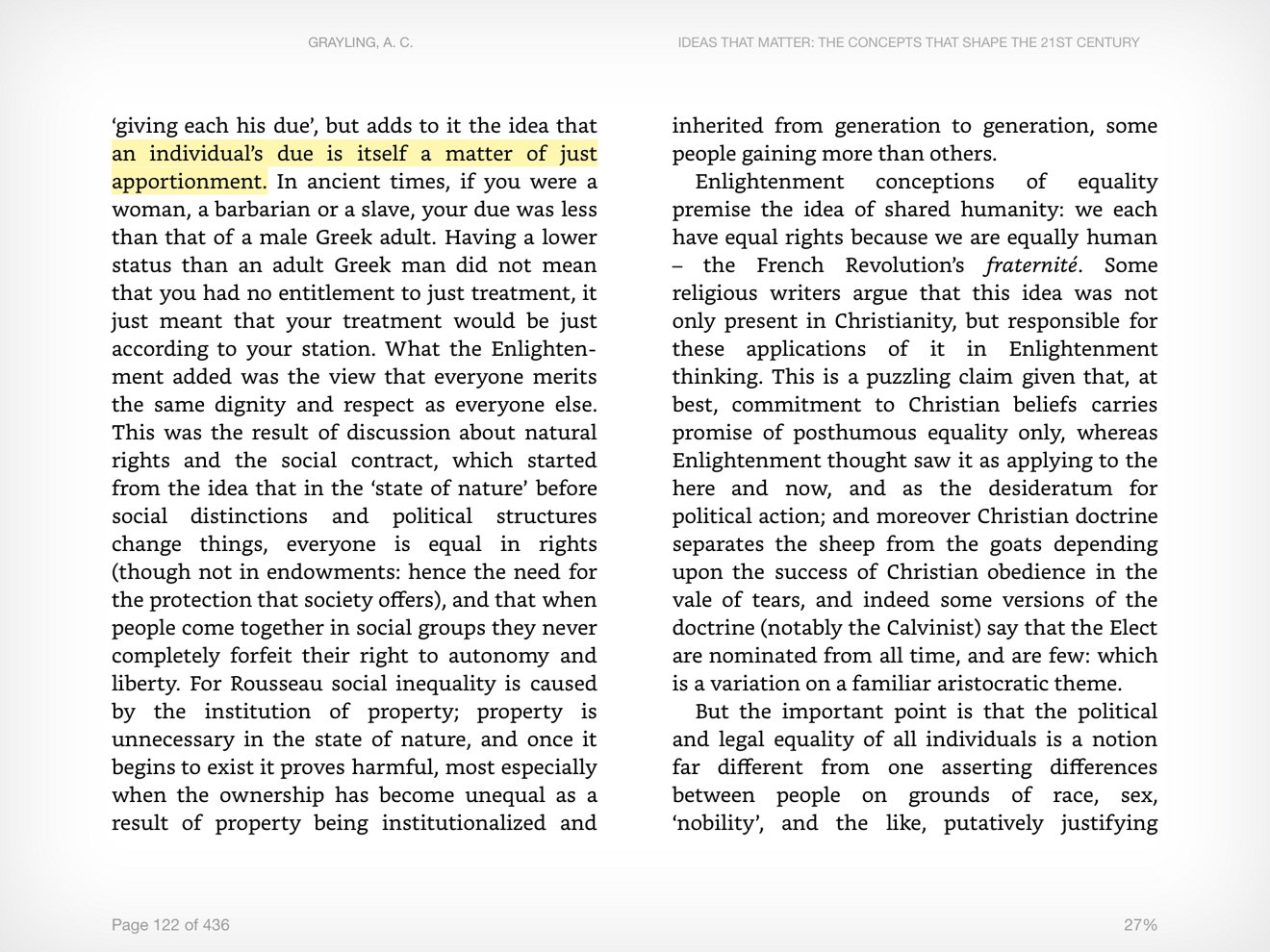The European Commission on Thursday began an antitrust investigation into Amazon's e-book business, addressing concerns the company is unfairly using publisher deals to undercut competition — mirroring earlier cases brought against Apple.
Amazon is allegedly using "most favored nation" clauses in contracts, requiring publishers to disclose terms offered to competitors, and/or offer Amazon equal or better ones, according to an official statement.
"The Commission will investigate whether such clauses may limit competition between different e-book distributors and may reduce choice for consumers," the organization said.
The probe will initially concentrate on the English and German language e-book markets as they are the biggest in Europe.
In 2013 Apple lost an antitrust lawsuit brought against it by the U.S. government. A judge found the company to have conspired with publishers to sell e-books on an agency pricing model, granting the iBooks Store "most favored nation" status, in part combat Amazon's then-standard $10. The company is still coping with the aftermath of the case, including rules on the contracts it can sign and a controversial antitrust monitor.
Still earlier, in December 2011, the European Commission launched an investigation of Apple and five major publishers over those same deals. It ended further action against Apple and four of the publishers a year later after securing concessions, including severing agency agreements and banning Apple from using most favored nation clauses. The fifth publisher, Penguin, only made a similar agreement in July 2013.
 Roger Fingas
Roger Fingas








 Charles Martin
Charles Martin

 Malcolm Owen
Malcolm Owen
 William Gallagher
William Gallagher

 Christine McKee
Christine McKee
 Wesley Hilliard
Wesley Hilliard









47 Comments
*slow clap* This will never happen in the U.S., but at least SOMEONE is willing to slap them.
The U.S. DOJ says: "move along people, there's nothing to see here." Meanwhile, in Cupertino, Bromwich is demanding a big private office in Spaceship Campus Two.
It's pretty amusing that Amazon can carry on with their business for the longest duration of time and eat up more than 90% of the eBook market, to the vocal condemnation of writers, publishers and reduction of physical book stores. Yet the moment a viable competitor is announced(Apple) they are immediately swatted by the DOJ, then levied with a questionable antitrust monitor in a situation that stinks of both cronyism and double standards. Naturally Apple's requests to have the monitor pruned were denied, of course so, as the person who decides upon that is the one who installed him. Meanwhile other justices have come out with statements of criticism because the situation looks absurd from the inside and out.
Amazon is trying to put the publishers into poverty. Apple was trying to get a couple if extra bucks for them. The whole is a scam in Amazons favor.
The irony is palpable. Unfortunately for Amazon, the EU is much more effective in enforcing the law and they have a lot the loose. Microsoft and now Google have and are learning it's a more serious affair regarding monopoly abuse. Even Apple had a rough time, but eventually was able to proceed on music with DRM. Amazon does not have a track record of giving in to legal demands so this will be a great show to watch. If the courts reverse or severely reduce the Apple antitrust case (and this looks likely), then Amazon is in for a real fight in the publishing market, where it has only build enemies not partners.